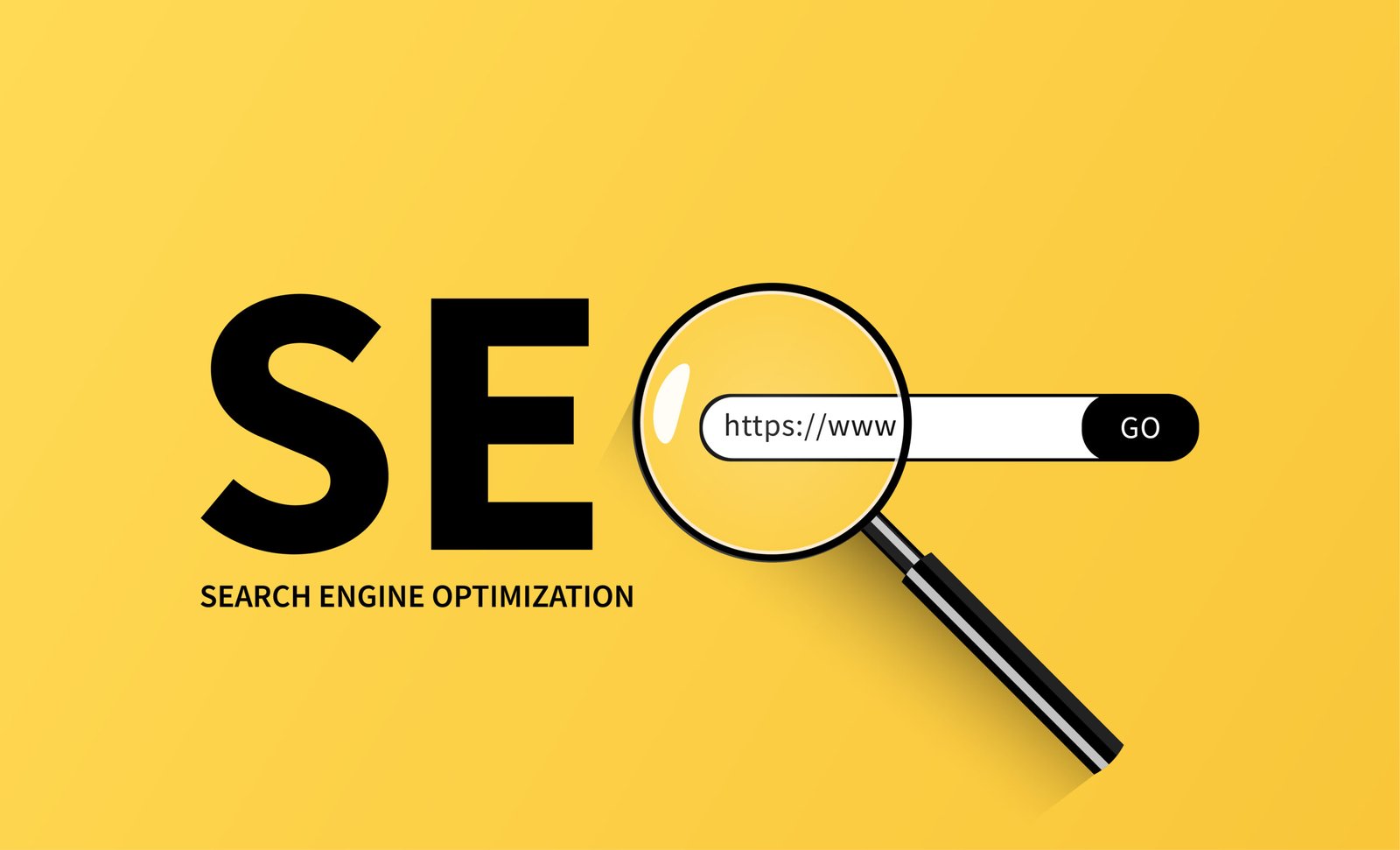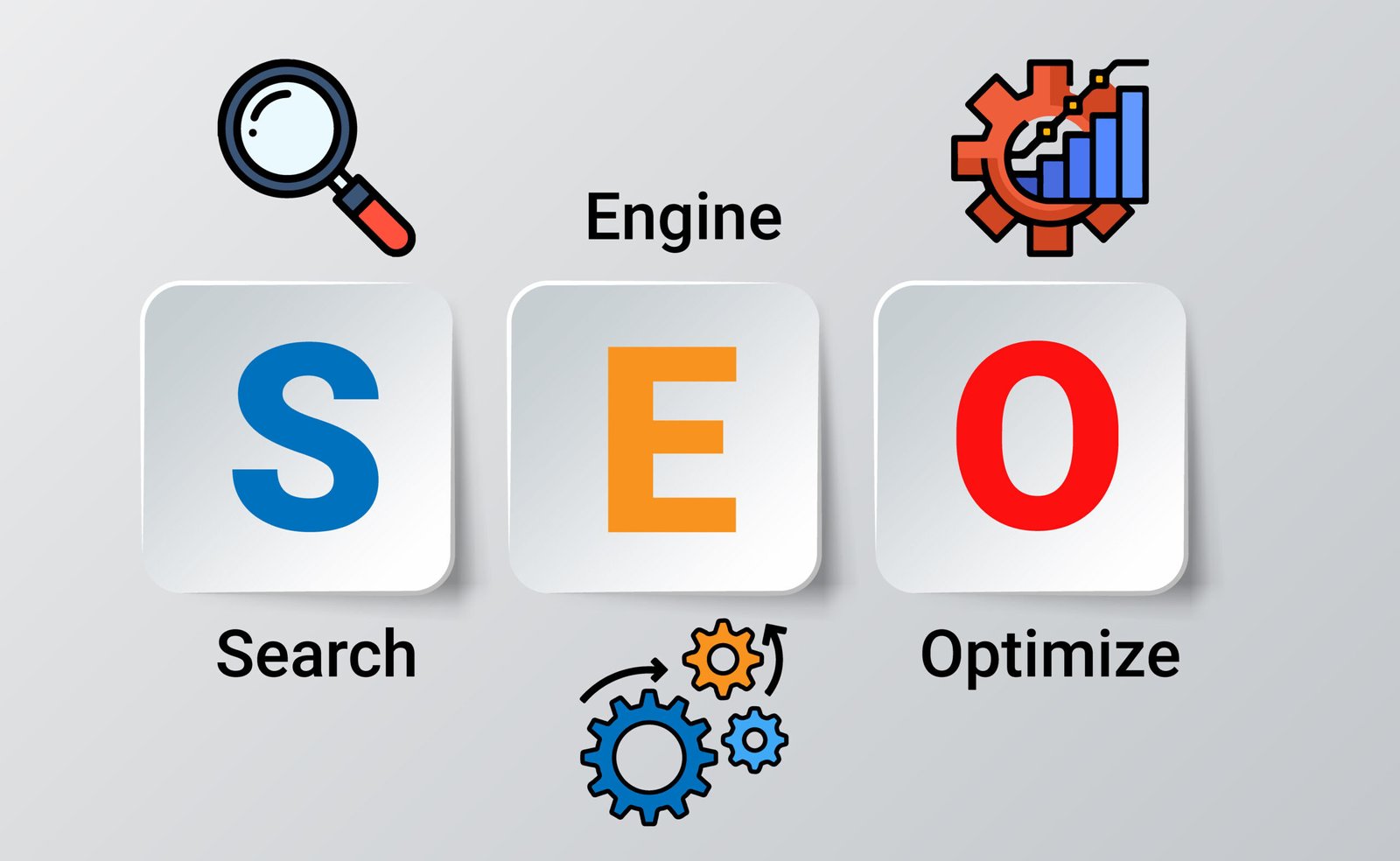SEO for SaaS startups – why is it so important?
- 1 What is SEO for SaaS Startups?
- 2 Why is SEO Crucial for SaaS Businesses?
- 3 Understanding the SaaS Market and Customer Needs
- 4 Critical Elements of a SaaS SEO Strategy
- 4.1 Website Optimization
- 4.2 Technical SEO
- 4.3 Content Strategy
- 4.4 Link Building
- 4.5 Analytics and Reporting
- 5 Professional SaaS SEO Agencies
- 6 Conclusion
In the competitive Software as a Service (SaaS) world, startups face the constant challenge of becoming visible and recognizable in their market. A well-developed SEO strategy is crucial for SaaS startups to increase their reach and attract new customers. This article explores what distinguishes SEO strategies for SaaS startups and provides insights into how to develop an effective SaaS SEO strategy.
What is SEO for SaaS Startups?
SEO, or search engine optimization, improves a website’s visibility in search engine results pages (SERPs). SEO is essential for SaaS startups because it drives organic traffic to the website, translating into increased potential customers and revenue. Without proper SEO practices, it becomes challenging for SaaS companies to rank for specific target keywords that potential customers use to search for solutions.
Why is SEO Crucial for SaaS Businesses?

The importance of SEO in a SaaS business cannot be overstated. It plays a pivotal role in:
- Increasing Organic Traffic: Higher rankings in search results lead to more organic traffic, which is crucial for customer acquisition.
- Building Credibility and Trust: Users often perceive high-ranking websites as more credible and trustworthy.
- Improving User Experience: Effective SEO involves optimizing the user experience, which can lead to higher customer satisfaction and retention.
- Cost-Effective Marketing: Compared to paid advertising, SEO offers a more cost-effective long-term strategy for attracting customers.
Understanding the SaaS Market and Customer Needs
SEO for SaaS startups requires a deep understanding of the market and the specific needs of potential customers. This understanding allows for developing tailored optimization activities that enhance the company’s visibility in search engines. Unlike other industries, SaaS products often have unique features and benefits that must be highlighted in the SEO strategy.
Critical Elements of a SaaS SEO Strategy
Developing a SaaS SEO strategy involves several key elements:
Website Optimization
User-Friendly Design: The website must be easy to navigate, with a clear structure and intuitive user interface.
Mobile Optimization: Given the increasing use of mobile devices, the website should be fully responsive.
Content Quality: Regularly updated, high-quality, and valuable content is essential for attracting and retaining visitors.
Technical SEO
Page Speed: Fast loading times are crucial for user experience and search engine rankings.
Indexing: Ensure that search engines index all critical pages.
Site Structure: A well-organized site structure helps search engines understand and rank the website.
HTML Optimization: Proper use of tags (title, meta descriptions, headers) and clean, optimized code.
Robots.txt and Sitemap.xml Management help search engines crawl and index the site effectively.
Content Strategy
Keyword Research: Identify the keywords potential customers use to search for solutions.
Content Creation: Develop content that addresses the needs and pain points of the target audience.
Content Promotion: Use various channels to promote content and attract backlinks.
Link Building
Backlink Acquisition: Acquire high-quality backlinks from reputable websites to improve domain authority.
Guest Blogging: Publish articles on other websites to gain exposure and backlinks.
Analytics and Reporting
Monitor Performance: Use tools like Google Analytics and Search Console to track performance.
Adjust Strategy: Continuously refine the SEO strategy based on performance data and changing market conditions.
Professional SaaS SEO Agencies
Partnering with a professional SaaS SEO agency can benefit startups lacking in-house expertise. Agencies like SERP Engineers specialize in finding the best solutions to achieve company goals, increase customer numbers, and improve recognition on search engine results pages.
Steps to Develop a SaaS SEO Strategy
Developing an effective SaaS SEO strategy involves several steps:
- Comprehensive Website AuditPerform a detailed audit to identify technical issues, content gaps, and opportunities for improvement.
- Competitive Analysis
- Analyze competitors’ SEO strategies to identify strengths and weaknesses.
- Understand what keywords competitors are ranking for and how they are acquiring backlinks.
- Keyword Strategy
- Conduct thorough keyword research to identify target keywords.
- Prioritize long-tail keywords that have lower competition and higher conversion potential.
- Content Development
- Create a content calendar to plan and schedule content creation.
- Develop various types of content, including blog posts, whitepapers, case studies, and tutorials.
- On-Page Optimization
- Optimize on-page elements such as title tags, meta descriptions, headers, and images.
- Ensure that content is optimized for target keywords without keyword stuffing.
- Technical SEO Implementation
- Address any technical issues identified in the audit.
- Optimize site speed, improve site structure, and ensure proper indexing.
- Link Building and Outreach
- Develop a link-building strategy that includes guest blogging, partnerships, and influencer outreach.
- Focus on acquiring high-quality backlinks from relevant and authoritative websites.
- Continuous Monitoring and Optimization
- Regularly monitor SEO performance using analytics tools.
- Adjust the strategy based on performance data and industry trends.
Conclusion
In the competitive SaaS industry, a well-developed SEO strategy is essential for startups to increase their visibility, attract new customers, and build a solid position in search results. SaaS startups can achieve significant growth and success by understanding the market, tailoring SEO activities to the company’s needs, and continuously optimizing the strategy. Whether working in-house or with professional agencies like SERP Engineers, the key is to remain proactive and adaptable in the ever-evolving landscape of SEO.
















